PSA and FCA are merging, dwarfing Honda, Ford and Renault
PSA and FCA are becoming one, and if that doesn’t mean a great deal to you maybe this will: Peugeot, Citroën, DS, Vauxhall, Opel, Chrysler, Alfa Romeo, Lancia, Dodge, Maserati, Fiat, Jeep and Ram are now all part of the same car company super-group.

The multi-billion dollar merger was confirmed this week, and expected to be completed in 12-15 months’ time. The coming together – no new name for the group has so far been confirmed – creates the world’s fourth largest car company, one able to churn out 8.7 million new cars every year earning for it €170 billion, or around £145 billion. On revenue, it will be the world’s third largest car company.
The official line on the point of the merger is that the combined company “will leverage investment efficiency across a larger scale to develop innovative mobility solutions and cutting edge technologies in new energy vehicles, autonomous driving and connectivity.”
At an enthusiast, new-car showroom level the deal also throws together some unlikely bedfellows – who would put Vauxhall and Alfa Romeo together? – as well as some partners who haven’t seen each other for a while, like Citroën and Maserati. Then of course there’s Chrysler and Peugeot which have history together going back to the 1970s (via the Rootes brands). At this stage it is too early to say if a new Citroën SM or Chrysler Alpine is on the cards…

What is on the cards is platform sharing across all dozen brands. The new company says more than two-thirds of volumes will be concentrated on just two platforms, with approximately three million cars a year on each of the small platform and the compact/mid-size platform. Consolidation like this is the driver behind such mega mergers, especially at a time of rapidly changing technology, and makes up the major portion of the estimated €3.7 billion annual savings.
The new company says it will not be closing any plants to achieve its aims. This appears good news for Luton, where Vauxhall vans are made, but most of all for the Astra plant in Ellesmere Port, the future of which was put in doubt by PSA over Brexit fears earlier this year.
The deal had been on the cards for some time and comes after Fiat Chrysler Automobiles’ search for a partner – first with GM then earlier this year with Renault – came to nothing. In the global car company top 10, FCA had been in eighth spot, PSA in tenth; joining together allows them to leapfrog Renault, Honda, Nissan, Ford and Hyundai, and take up station behind GM and – a long way ahead – Volkswagen and Toyota.
As the motor industry heads into 2020 and a rapidly electrifying automotive landscape, it’s the biggest shake-up in the hierarchy since Chrysler and Daimler got into bed together in 1998. That $38 billion “marriage of equals” went down in history at the time for being the world’s largest cross border deal, but quickly fell apart over who actually was in charge.

“Marriage of equals” is not a phrase that appears in this latest mega deal. But some form of equality appears to have been agreed. There will be 11 board members, most independent, with five chosen by PSA and five by FCA and to include representatives of both companies’ workforces. PSA’s Carlos Tavares will be chief executive officer and FCA’s John Elkann chairman.
Reflecting each companies’ respective valuations, one PSA share gets 1.7 shares in the new outfit, FCA works on a 1:1 share ratio. Support for the deal from shareholders is said to be “strong” and includes the blessing of the Peugeot family, which will continue to be represented on the board.
PSA chief Carlos Tavares said the merger was a “huge opportunity to take a stronger position in the auto industry as we seek to master the transition to a world of clean, safe and sustainable mobility.” FCA’s chief executive, Mike Manley, added: “This is a union of two companies with incredible brands and a skilled and dedicated workforce. Both have faced the toughest of times and have emerged as agile, smart, formidable competitors.”
So what will the new company be called? PSFCA? FCPSA? RSPCA?
Alfa Romeo
Abarth
Fiat
Chysler
Maserati
Jeep
Ram
Peugeot
Citroen
DS
Vauxhall
Opel
Lancia
Dodge































































